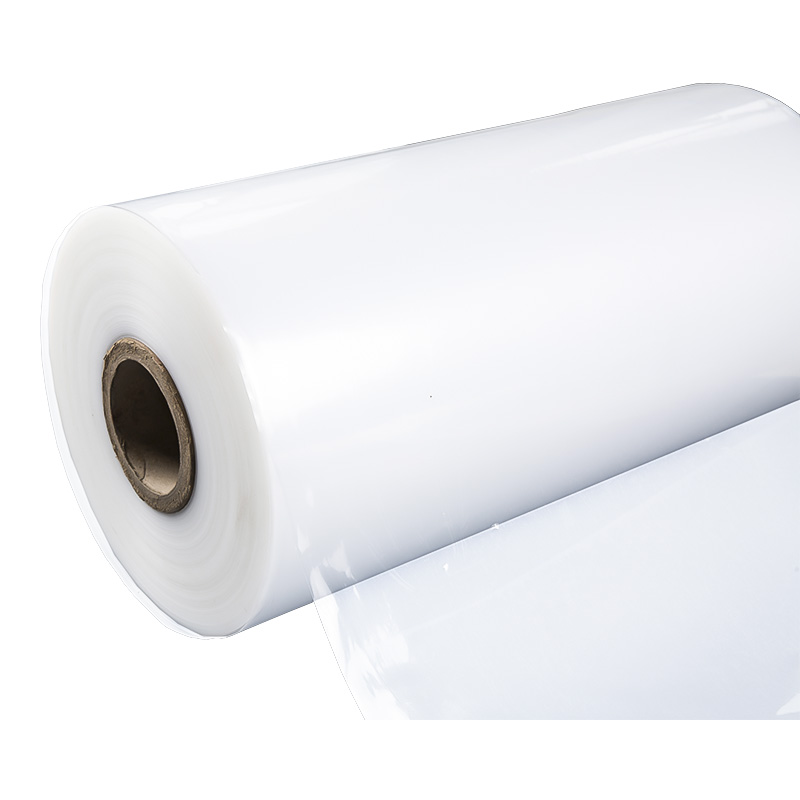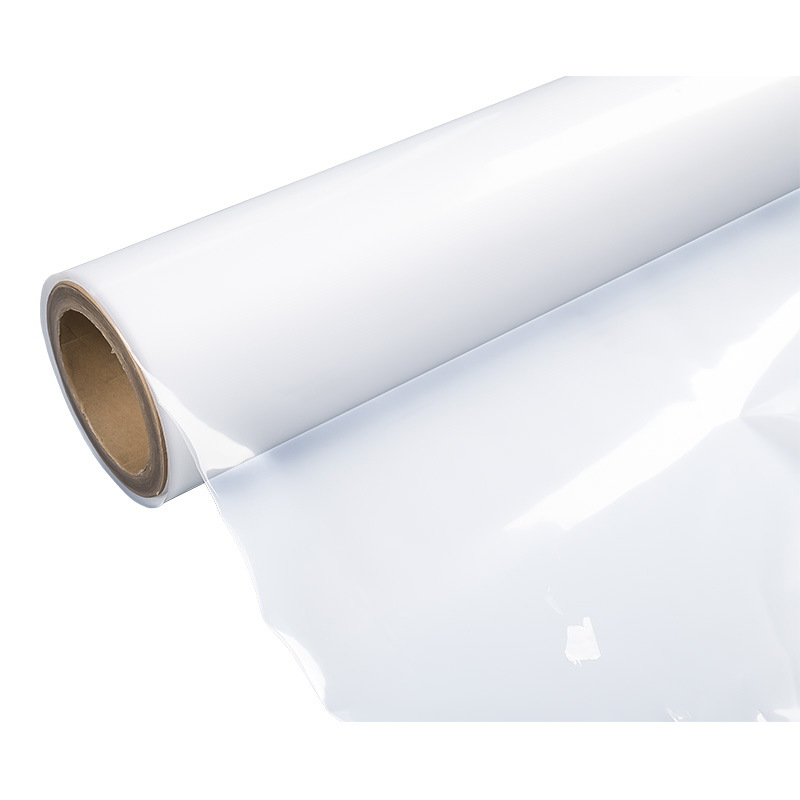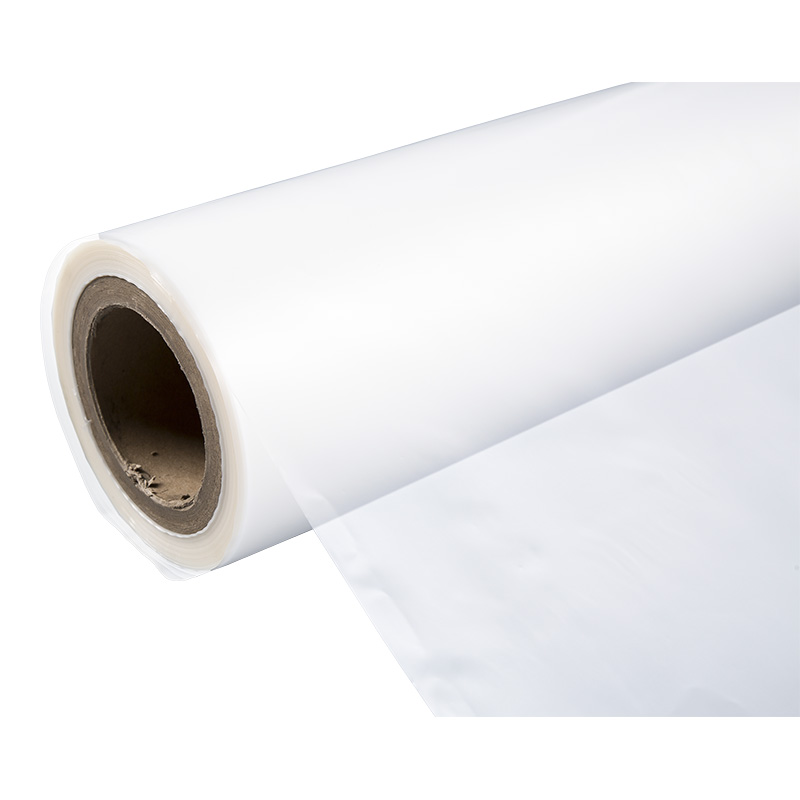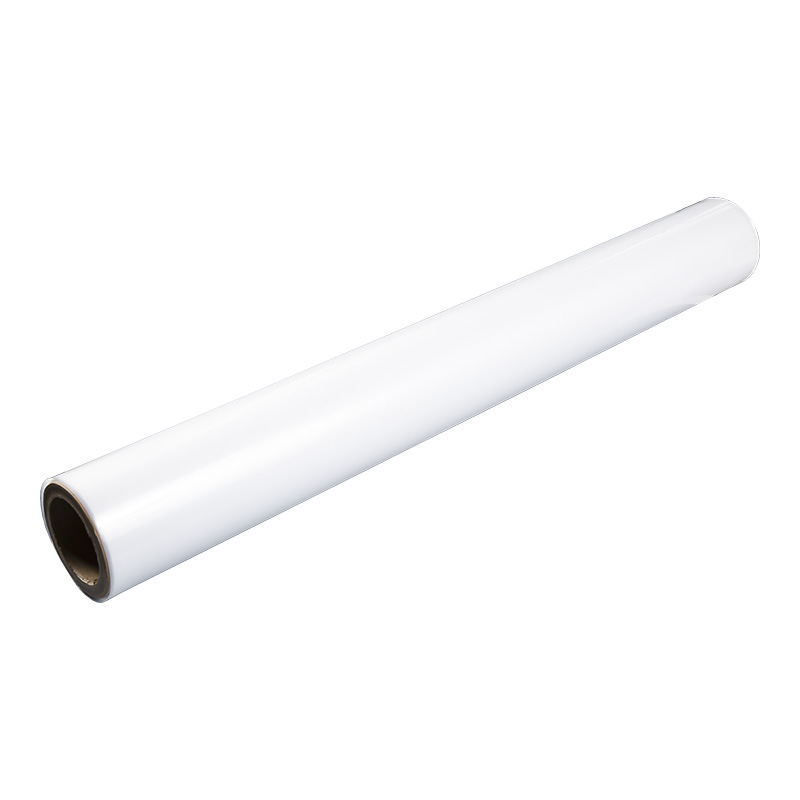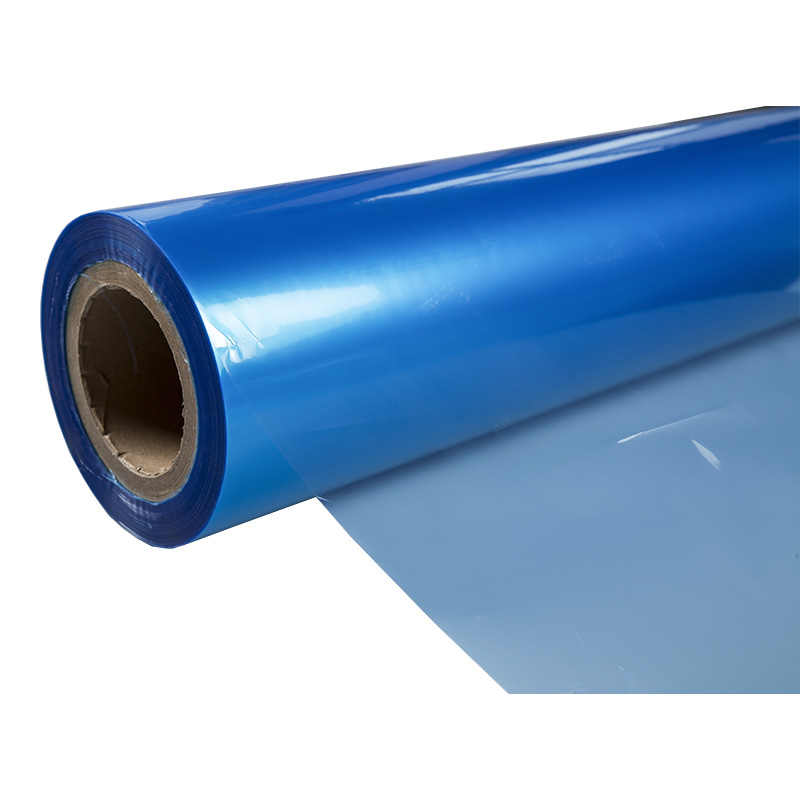Frozen Packaging Film plays a vital role in the field of food preservation, and its antibacterial properties are a key technical feature to ensure food safety and extend shelf life. In the modern food industry, as consumers' requirements for food safety and quality continue to increase, antibacterial frozen packaging films are increasingly used.
Antibacterial principle
Antibacterial properties The antibacterial effect of Frozen Packaging Film mainly comes from the antibacterial agents added to the film. These antibacterial agents can be natural, such as chitosan, tea polyphenols, etc., or synthetic, such as silver ions, quaternary ammonium salts, etc. These antibacterial agents inhibit or kill bacteria by destroying the cell wall or cell membrane of bacteria and interfering with their metabolic processes.
The Importance of Antibacterial Properties for Food Preservation
Preventing food spoilage: During the freezing and storage of food, although the low-temperature environment can significantly inhibit the growth of microorganisms, it is not completely sterile. Antibacterial freezing packaging film can form an antibacterial barrier inside the packaging, effectively reducing or eliminating residual microorganisms in the packaging, thereby preventing food from spoiling due to microbial contamination.
Extended shelf life: By inhibiting the growth of microorganisms, antimicrobial freezer packaging films can significantly extend the shelf life of food. This is especially important for frozen foods that require long-term storage and transportation, such as seafood, meat, quick-frozen vegetables, etc.
Improve food safety: Food safety is one of the issues that consumers are most concerned about. Antimicrobial freezer packaging films reduce the risk of food poisoning and foodborne illness by reducing the number of microorganisms in food, improving overall food safety.
Application examples of antibacterial Frozen Packaging Film
Seafood products: Seafood products are highly susceptible to microbial contamination due to their high water content and high nutritional value. Antibacterial frozen packaging film can effectively inhibit the growth of bacteria on the surface of seafood, maintain its freshness and taste, and reduce dripping after thawing.
Meat products: Meat products also face the risk of microbial contamination during frozen storage. Antimicrobial freezer packaging film can protect meat from external bacteria while preventing internal moisture loss, keeping the meat tender and juicy.
Quick-frozen vegetables: During the processing and storage of quick-frozen vegetables, they are easily contaminated by microorganisms, leading to a decrease in quality. Antibacterial freezer packaging film can provide a clean and sterile storage environment to ensure that the nutritional content and taste of vegetables are not affected.
Development Trend of Antibacterial Frozen Packaging Film
With the advancement of science and technology and consumers' increasing requirements for food safety, the development and application of antibacterial frozen packaging films will show the following trends:
Environmental protection: Develop degradable or bio-based antibacterial agents to reduce environmental impact.
Intelligent: Combined with intelligent packaging technology, such as sensors and RFID tags, real-time monitoring of the number of microorganisms and food quality in the packaging.
Multifunctionality: On the basis of maintaining antibacterial properties, other functional properties are added, such as high barrier properties, low temperature resistance, etc.
The antibacterial properties of Frozen Packaging Film play an irreplaceable role in food preservation. By inhibiting the growth and reproduction of microorganisms, antibacterial frozen packaging films can significantly extend the shelf life of food, improve food safety and quality, and meet consumers' needs for healthy, safe, and high-quality food.
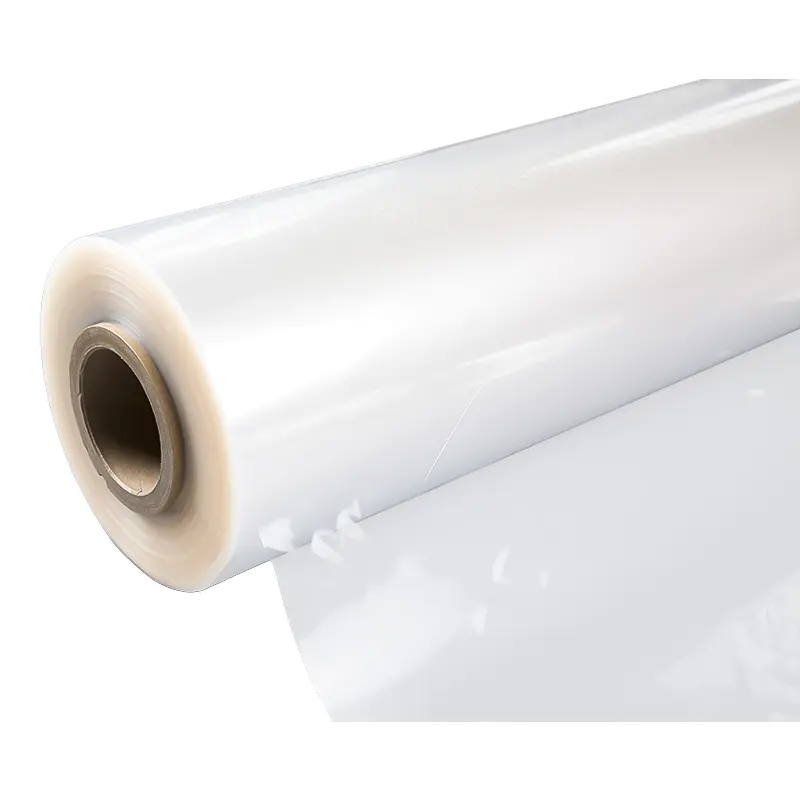
 +86 139-6715-0258
+86 139-6715-0258 
 Monday to Friday 8 am. to 6 pm.
Monday to Friday 8 am. to 6 pm. 
 English
English 中文简体
中文简体